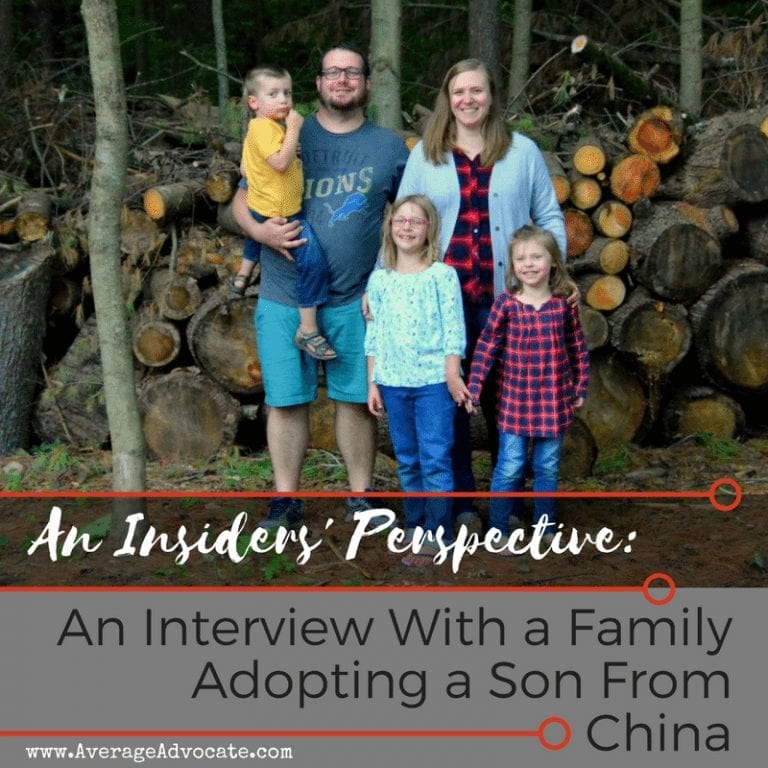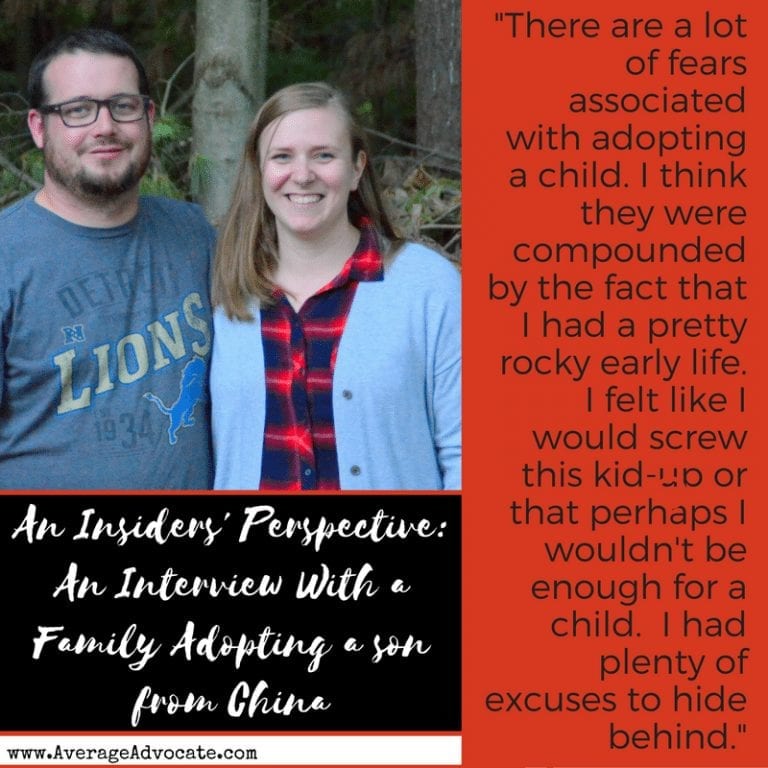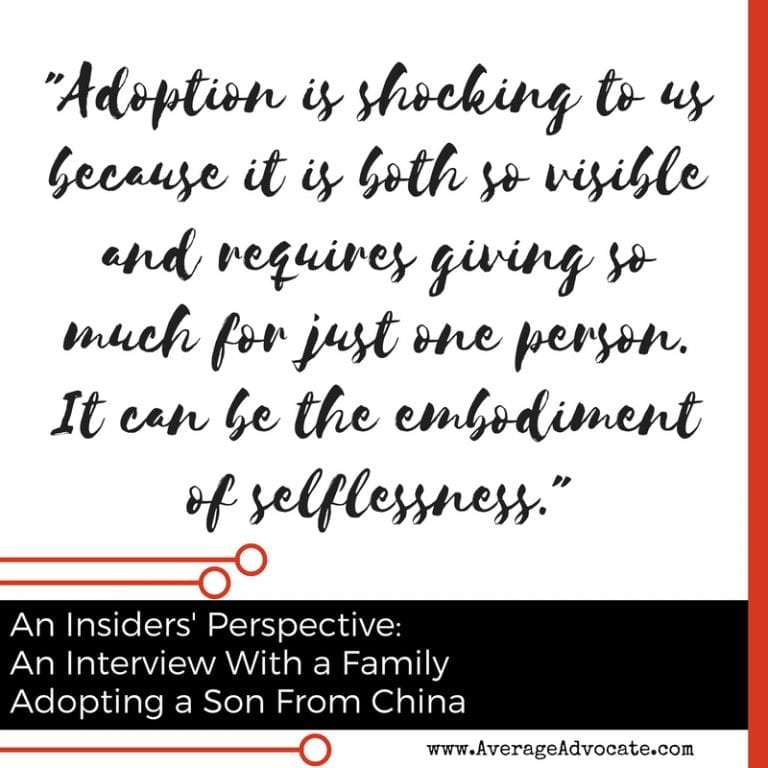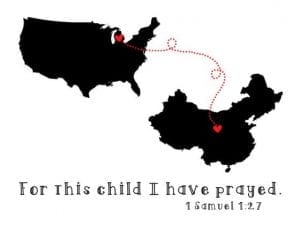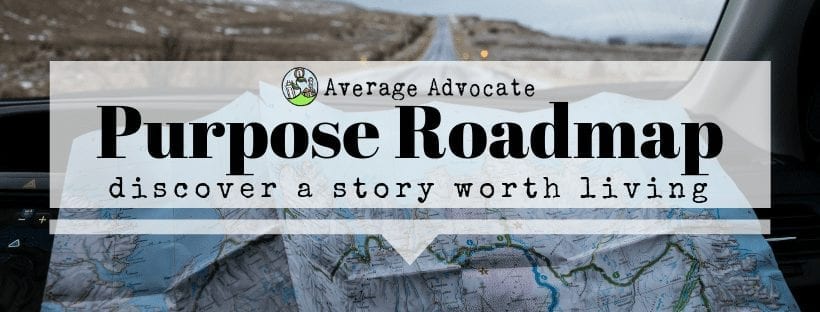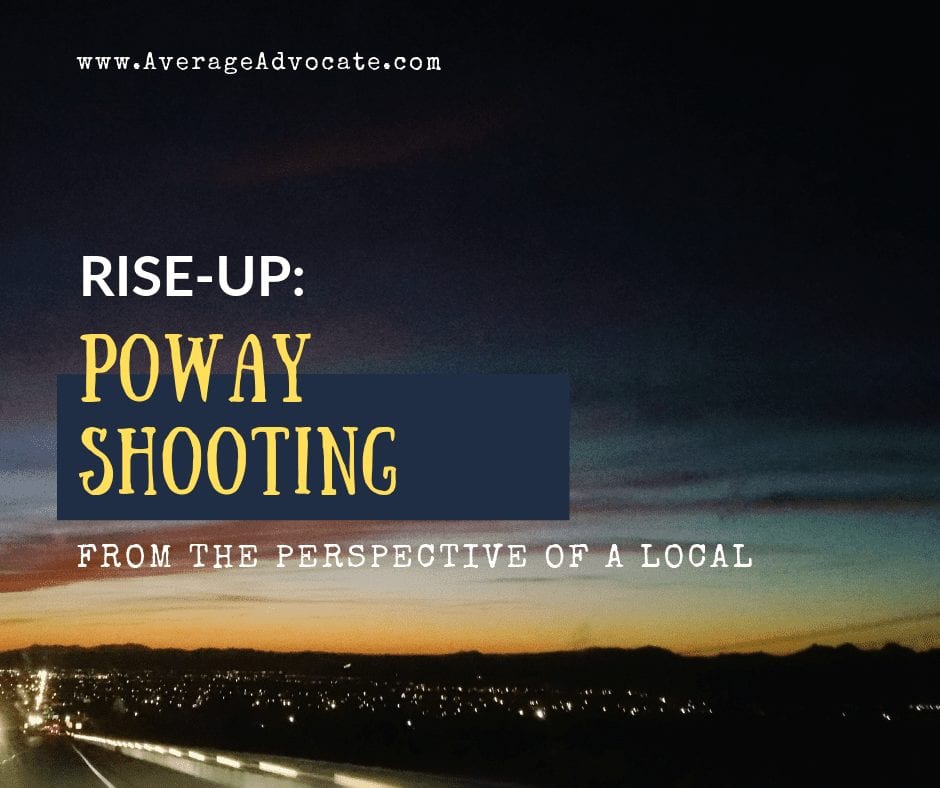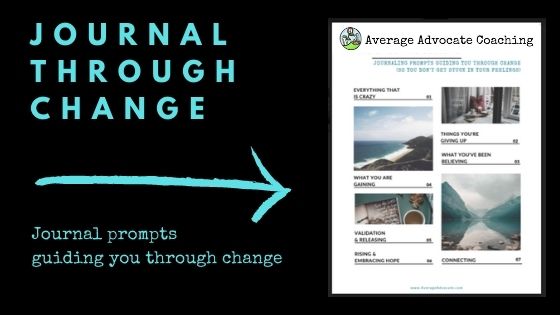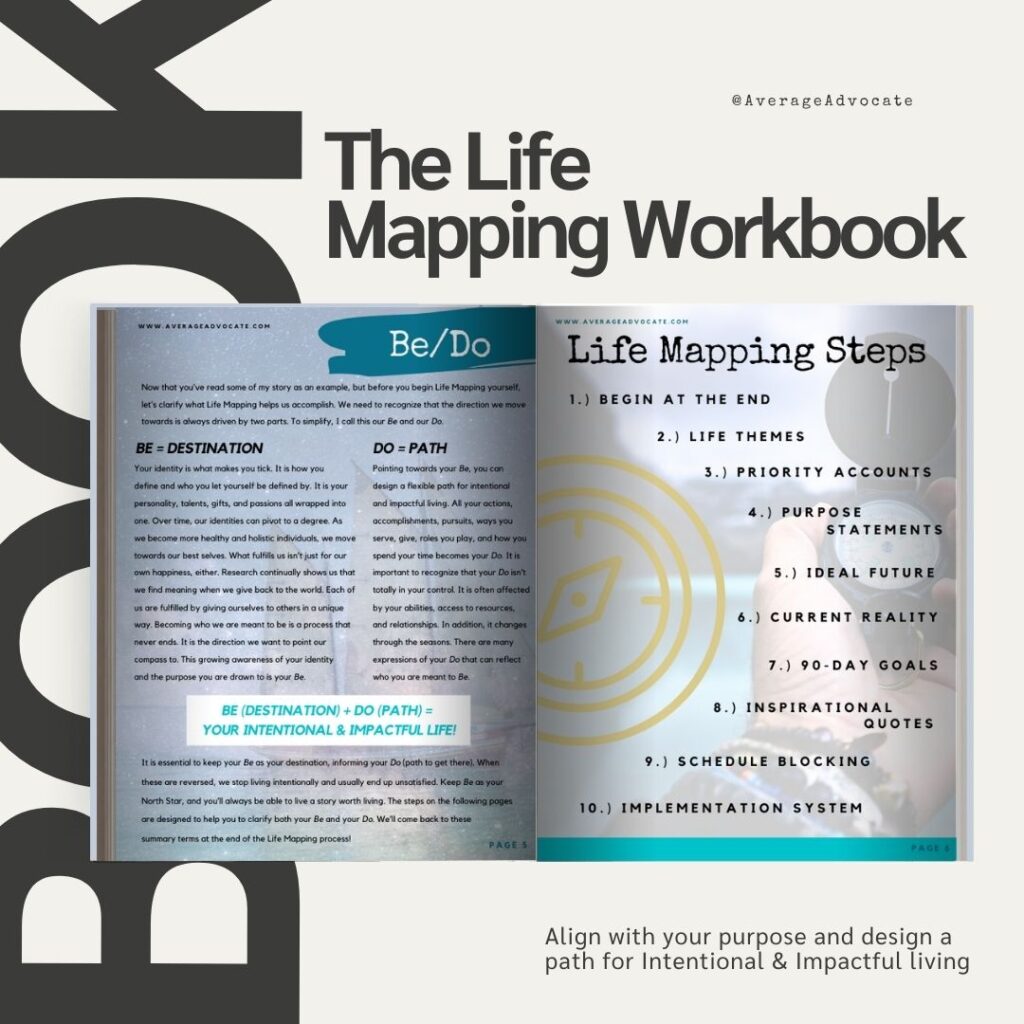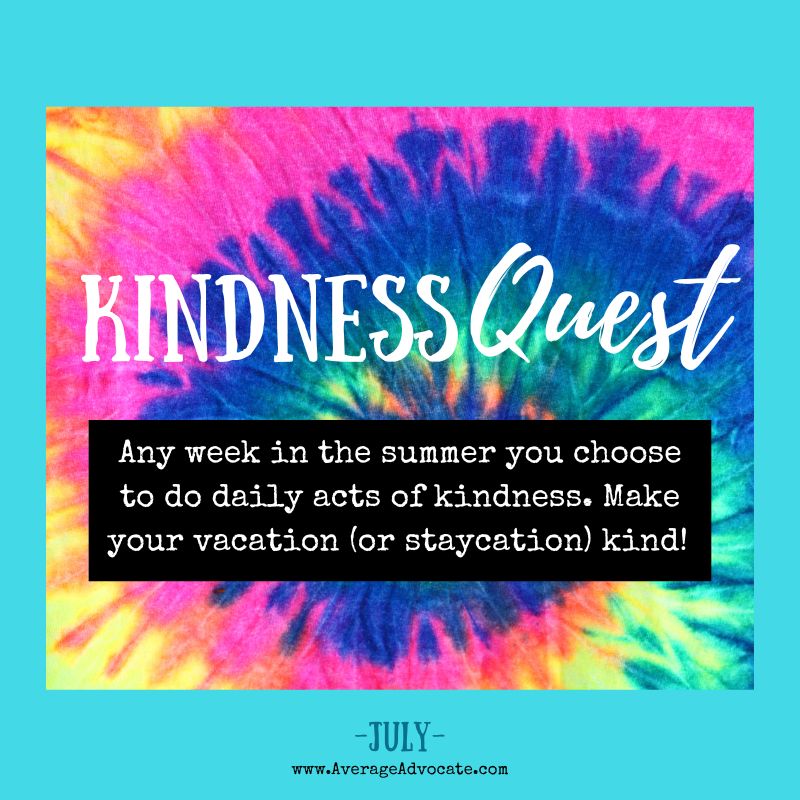Have you ever thought about adoption? Adoption is a common theme among people who want to make a difference. It is a tangible way to act, there is a significant need, and it can radically change a child’s life (and their new family) for good.
I believe adoption is shocking to us because it is both so visible and requires giving so much for just one person. It can be the embodiment of selflessness. However, the people who adopt are just normal people, like you and I–the exact breed of hoodlums that hang out here at Average Advocate!
An interview with a family who is adopting
Considering, I decided to interview some of these everyday adoptive people. Their answers will give you an inside look at what adoption looks like, the challenges, the surprises, and essentially just give you a chance to hear someone else’s story to help you see if adoption, or helping care for vulnerable kids, might be part of your own world-changing role.
Below is my interview with Joseph as he and his wife, Kirstin, currently are finishing the process of adopting their son (Check out their blog here).
1.) So you decided to adopt–how did you end up here?
The first time we seriously started talking about adoption was when we were pregnant with our oldest (she is seven now). At the time, our church had a couple who had recently adopted and there were classes available to help parents consider what is involved with adoption. I think that is what really lit a spark for us.
But adoption was on my mind even before that. Nothing too serious, but it was something I thought I would like to do someday.I myself was adopted into a family at the age of twelve. It changed my life. So I think I have always wanted to do likewise.
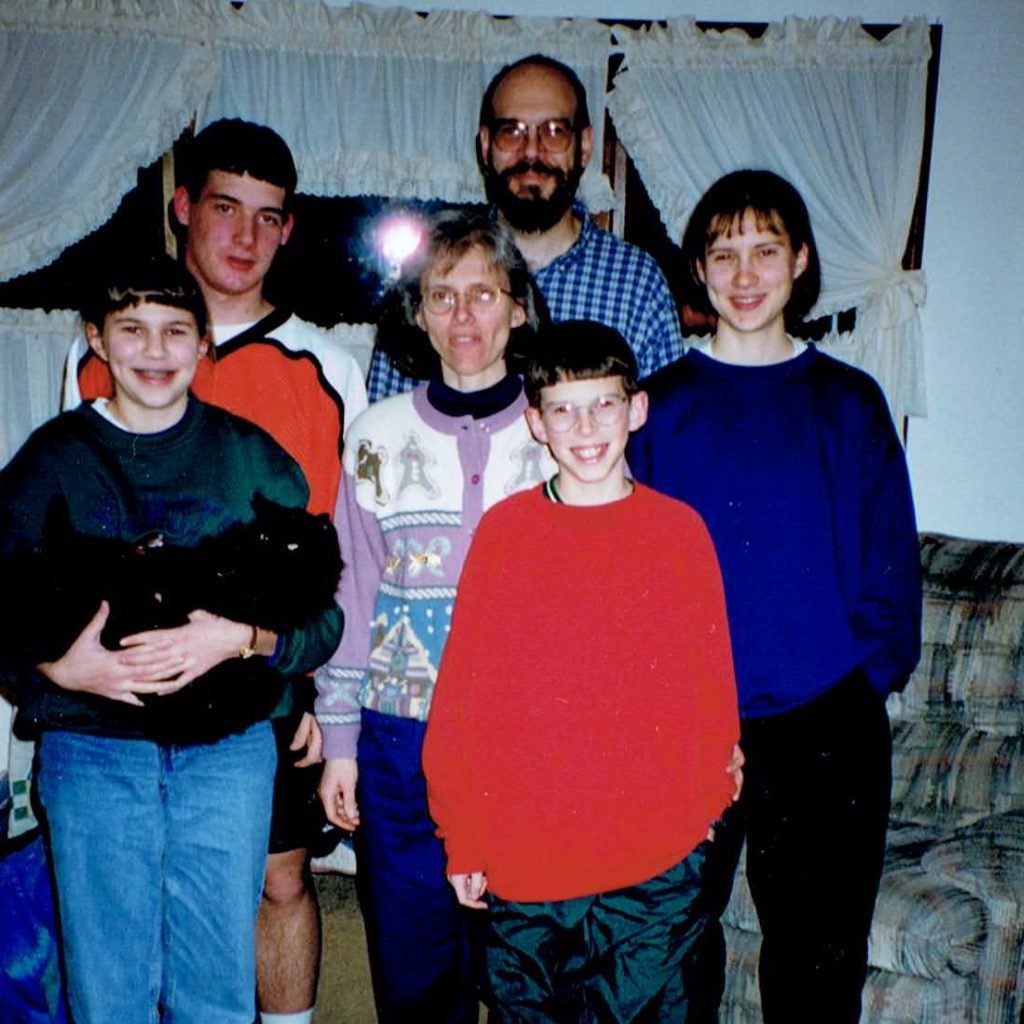
(Joseph is standing in the back left with the family who adopted him)
2.) How did you move from “wanting to adopt” to actually becoming a family adopting a son?
About two years ago, my wife (Kirstin) started considering what it really meant to be pro-life. This might have been a value, a principle we had–but what would that mean if we truly believed it and lived it out?
We began exploring different avenues of what being pro-life could look like. We considered foster care, hosting refugees, volunteering at a center that helps young mothers, gift-giving through a local agency, etc. . . Kirstin even looked into becoming a doula to provide free services and support to low-income women through pregnancy, birth, and postpartum (maybe in the future–too much commitment with small children right now!).
Then we started seriously looking at the various fostering/adoption options, which took us down the road we are now on.
3.) Have either of you had to overcome something to move forward to adopt?
While the desire to adopt grew for Kirstin the more she read and researched the process, I was more reserved about it. After three kids and the chaos that comes with life when parenting, I wasn’t sure I wanted to add another child to our lives. However, I reluctantly told Kirstin that we could do some preliminary paper work and meet with adoption agencies to consider our options.
My heart was kind of hardened about the whole situation. There are a lot of fears associated with adopting a child. I think they were compounded by the fact that I had a pretty rocky early life. I felt like I would screw this kid-up or that perhaps I wouldn’t be enough for a child. I had plenty of excuses to hide behind my fears: “The adoption is going to cost too much,” “We already have three kids, we don’t need another“. . . the list went on.
After some time working through these thoughts and several conversations with Kirstin, I guess all my excuses just didn’t seem like they were that great, not when adoption had been on our hearts at various times in our lives. It took about three months to work through this until my heart changed and I was fully on board.
4.) How did you decide between domestic adoption, foster-to-adopt, and international adoption?
We actually considered foster-to-adopt first; as I spent a short time in foster care myself. However, foster care has a ton of strict regulations and we found out that unless we were able to make some structural changes to our home or sell our house and buy a bigger one (which we looked into), we wouldn’t qualify.
Also, the more we looked into foster care, we understood that it is not meant to be a path to adoption, but reunification with birth families (which we fully support). Many of the children waiting to be adopted were several years older than our oldest child or were sibling groups–we only have room for one more child in our current home and we felt like it was extremely important to try to maintain birth order when bringing another child into our family based on research we have done. We may look into fostering with the willingness to adopt when our children are older or we have a larger home, but not for the express purpose of adopting a child.
Although we looked a little bit at domestic adoption, we didn’t consider much, mainly because we wanted to be a family for an older child who was already waiting. Many times in domestic adoption, you are on a list to adopt a child who isn’t even born yet.
While considering foster-to-adopt, Kirstin started looking at international adoption. We had a friend who had adopted from China who we talked with. After praying, researching more, and continuing conversations with her, we decided to pursue adoption from China.
5.) How has your worldview shaped the way you’ve approached adoption?
Not everyone who adopts has faith as a reason to adopt, but for us that is a real part of our lives. Without going into a huge Christian theology lesson, in the Bible we see that we are adopted into the family of God. We were once distant from God and now we are full heirs of the inheritance God gave to Jesus. We get to take part in that!
This paints a picture for Kirstin and I that we want to reflect to our child–we want him to know he is fully our child. Not, “We have three kids and a ward,” but rather, “He is loved to the fullest extent a child can be loved by a parent! He will be our full heir!” People have a funny way of talking about things like adoption. Things like, “Are these your real kids and he is your adopted kid?” It is super important for us to show that adoption isn’t a second rate way to have children. These kids who need adoption are human! They hurt and feel just as we do and thus deserve the same love and affection that biological children have.
I think our faith speaks into those thoughts, but certainly these are things are part of being human. We all have value as humans. We all deserve love and kindness from each other. Kirstin and I want to be part of that: To value human life and to live by the truth that all people are in need of love.
6.) Are there any other passions/beliefs that have influenced you to adopt?
Kirstin is the children’s ministry director at our church. From my perspective this has really influenced her to value children in a way that I think is not often seen in our culture. Children are people too and I think sometimes we treat children in ways we would never treat an adult. They are a blessing, not a burden.
7.) How do you feel about becoming a multiracial family?
I think both Kirstin and I have a growing sense of our need to do something to help bridge the gap between racial divisions. We are seeing that racism is still a huge part of this nation. I think a lot of people, if they really examine themselves, find that prejudices exist in their heart and mind around race; I know I have plenty. But I don’t want to just be O.K. with that.
Now we are adopting a child from China! All at once we will be a multicultural family and Kirstin and I will need to be diligent about what that means for our little boy in America. What stereotypes will be assumed of him? How will we engage with people of his culture? What impact does this have on our attitude with other ethnicities besides our own?
This adoption is forcing us to confront some of these things that are easy to let slip. We didn’t set out to adopt a racially different child to bridge that gap, but it is helping us make more meaningful moves in that direction.
8.) Why do you want to involve your community in this adoption?
We wanted to invite people into our adoption story for two reason: First of all, we want our child to know that he is loved! Then secondly, if we can help other people develop a heart for adoption by inviting people into our story then more children win.
9.) What is something you have been pleasantly surprised wasn’t as difficult to overcome as you expected?
I think we were most surprised that the Home Study was not nearly as intense as we thought it would be. I am not sure everyone has that same experience. Perhaps we have been fortunate with a good social worker.
When you let someone into your home to evaluate your life and see how you live, it can be a little nerve racking. Let’s just say there was a lot of cleaning that took place in the days leading up to our first home visit with our social worker. But it turned out great and it was much easier than we expected.
10.) As a society, how do you think we can do a better job caring for children without families?
The first thing we can do is prevent children from ending up in this position of need in the first place by helping families. In our country, we can do a better job supporting mothers (and fathers) who want to parent but don’t have the skills, support, or financial means to do so. And there is a lot of reform that needs to happen within the foster system, but that is a topic for another blog. 🙂
Specifically in China, many children are in orphanages because they have medical conditions that are too expensive for their birth families to care for. There is a lot of room to educate ourselves about needs and how we can respond.
11.) What advice do you have for us everyday people who aren’t able to adopt? Are there ways you see we can still be involved?
You don’t have to adopt to have a heart for kids in need of families. Investing financially, helping adopting parents out with your skills and gifts, and praying all are ways for people to participate in adoption. Or it could look like tutoring children in your community, volunteering in children’s ministry, or mentoring teens. It could be donating money to organizations that provide training for caregivers and medical care for children in orphanages. It could be as simple as helping a single mom or dad with babysitting.
Our hope is to see people investing in children, and more specifically, children in vulnerable situations (like orphans).
12.) For those of us who might follow in your footsteps through adoption, what advice can you give us?
First, take time to research your agency. Our agency has been wonderful! They’ve been so helpful through every step. They are responsive to our questions and they are ethical. A good agency will love the kids and find excitement in your adoption–not just be a business venture. I have to credit my wife on this matter, because she put in the work up-front to research and it has paid off. The amount of stress we have experienced has been far less because of our agency has been so good!
To help you find an agency (and just to help in general) join Facebook groups, or look around on the internet to find adoptive families in your community who have been through the adoption process. We talked to several who gave us great advice and were honest about their experience. And these were all families we had never met before and they were so willing to talk and help (a few even had us over for playdates or a meal!).
Secondly, I would say it is easy to get bogged down with the when looking at the entire process of adopting. Slow your brain down a little. The process can be daunting, but everything has a place and order. So take it a step at a time and don’t forget to breath. LOL!!
Third, probably most important is to enjoy it, jump in, and do it! I almost let fear lead me away from taking those first few steps. We have been matched with a boy, Bennett, and I can’t wait to get him home. It is hard to believe that he is to be our son and he is in China. I almost missed that chance to be a father to him. There are still things that could go wrong with our adoption, but we are already smitten with him!
13.) What are your favorite books or movies and resources on adoption that we can learn from?
A movie that Kirstin really enjoyed and that gives a view of adoption from an adoptee’s perspective is Lion. It’s based on the book A Long Way Home, by Saroo Brierley (If you watch the movie, be prepared with tissues). The book was really good and both of us read it.
Mine in China is a book with a ton of great info for those wanting to adopt specifically from China.
We actually have learned a lot about adoption just from joining Facebook groups relating to China adoption, transracial adoption, and more. There are groups like this for other countries and foster care as well. One website that has a lot of information on all the different paths to adoption is the Creating a Family website.
14.) You’ve used a puzzle to fundraise. Where did that idea come from and do you have any other cool fundraising ideas to share?
We got the idea for the puzzle from a one of our friends who went through an adoption before us. Not only do you raise money for the adoption, but then you also get to keep a token of the process. It is a reminder that there are so many people who care for the child and/or feel compelled to share in the joy of bringing a child home! (Check out the puzzle fundraiser here)
We had a friend host a massive yard sale for us as a fundraiser, with many other friends donating items to sell, and our church is having a chili cook-off this fall where all donations will go toward our adoption process. There are many fun, unique ideas out there. Just Google it!
15.) Moving forward, what do you see as a challenge?
Soon we will arrive in China and bring our son home. Learning to be a multicultural family and addressing medical needs we don’t have much experience with are going to be challenges.
It is easy to go into something like this with a lot of naivete and trust, so we have been thankful for those who have gone before us that have been willing to speak out about their experiences, good and bad, with the adoption process.
16.) What do you hope your legacy will be?
Hmm…That is a big question. We want all our children to love people, to reach across lines that often divide and show kindness. For example, race/ethnicity will be very apparent in our family. It is our hope that each member of our family would find the things that make us different are worth celebrating.
If you were inspired by this adoption story, Joe and Kristin are still looking for people to fund $10 pieces of the puzzle to bring their son home. You can do that here or click the image below:
You can also follow their story at their blog, Bringing Home B.
If you liked this post you might also like these other posts on Average Advocate:
Community Living: How To Talk About Adoption/Fostering
A Farewell Letter to my Sponsor Child
Why Do We Ignore Suffering Children?
Why We Should Really Rename Columbus Day Already
Should You Participate In Operation Christmas Child?

